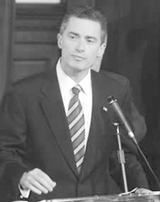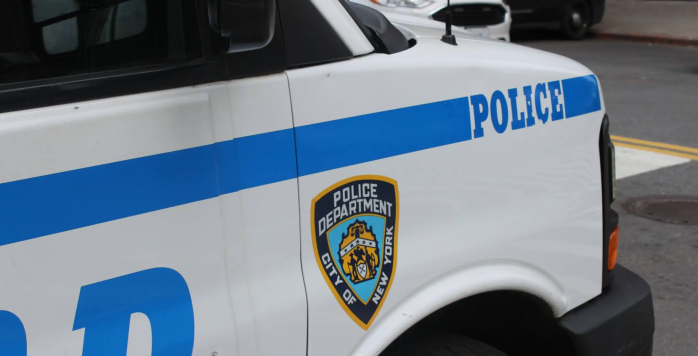Court overturns Atlantic City effort; could doom McGreevey program
In a decision signaling that the executive order issued by former New Jersey Governor James McGreevey authorizing needle exchange programs may eventually be held invalid, a three-judge Appellate Division panel in that state on August 16 unanimously overturned a municipal ordinance in Atlantic City establishing such an effort.
The Atlantic City law, adopted in 2004, authorized the city’s health department to set up a needle exchange program to combat a local epidemic of HIV and hepatitis C infection among drug users.
The appellate panel found that the ordinance was in conflict with New Jersey’s criminal drug laws.
The Atlantic County prosecutor challenged the law in court soon after its passage, and a trial judge issued a temporary order preventing it from going into effect and later found that it conflicted with criminal code provisions regarding possession and distribution of drug paraphernalia. McGreevey issued his executive order after the Atlantic County court case had begun, in a transparent attempt to goad the Legislature into authorizing such programs. McGreevey’s order was also quickly challenged in the courts.
On appeal, Atlantic City argued its law was valid under a provision of the law that exempts government agencies from liability for possessing and distributing drug paraphernalia, but the Appellate Division was not persuaded.
Writing for the panel, Judge Stephen Skillman concluded that distributing syringes to drug addicts with the knowledge that they would use them to inject controlled substances unlawfully would make the city an accomplice to unlawful acts. Also finding that a municipality is not a government agent within the statute’s meaning, Skillman asserted that in any event the potential accomplice liability was the overriding issue.
Skillman noted that doctors are also exempted under the paraphernalia law, but argued that they can provide syringes to diabetics, but not to drug addicts.
Skillman conceded that the City Council acted based on studies showing the effectiveness of needle exchange programs in reducing the incidence of blood-borne disease, but noted that other studies had not supported this conclusion. He also noted that the Legislature had yet to be convinced that a needle exchange program would be in the public interest, and that ultimate authority on that issue rests there.
If the policy determination to authorize such programs “rests exclusively with the Legislature,” in the opinion of this court, then it seems unlikely that the court would uphold McGreevey’s attempt to establish such programs by executive order.
gaycitynews.com


































